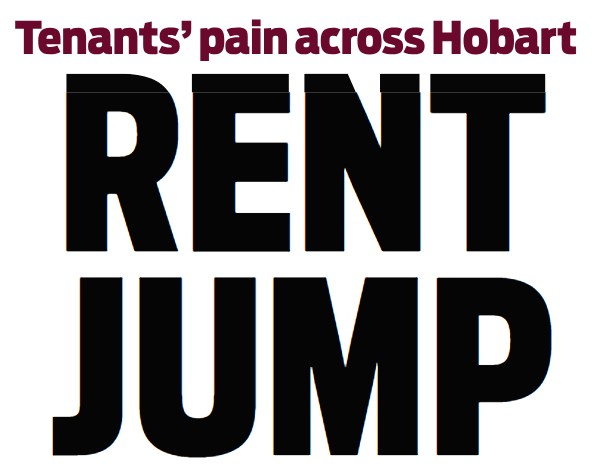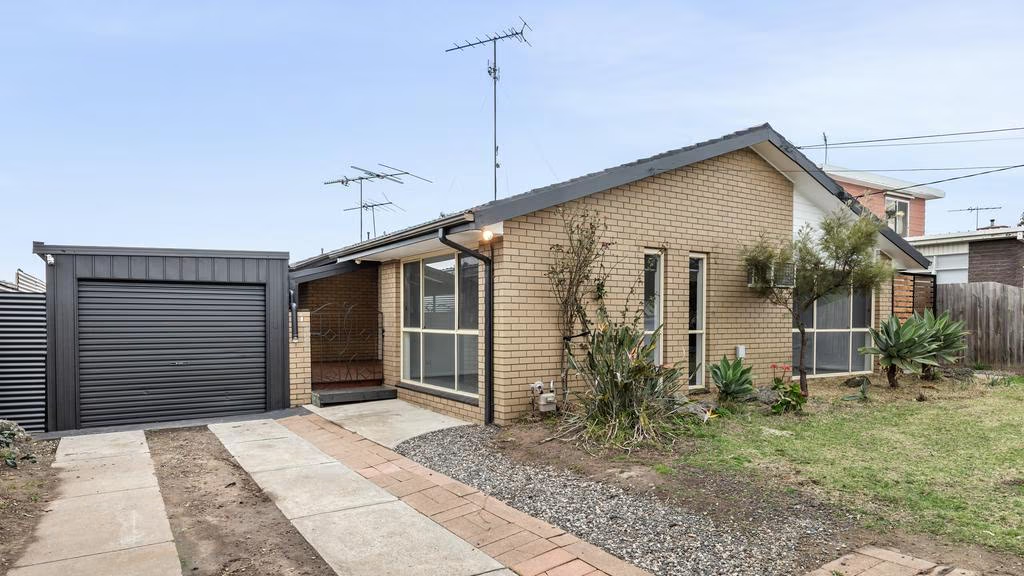Landlords’ moaning over ‘lacking control’ of their properties and having to sell sparks backlash from young Aussies who can’t afford a house
Oct 2023Karen Millers
Categories
Location ReportsMedia releasesNational market updatesPersonal advisersPIPA AdviserPIPA Annual Investor Sentiment SurveysPIPA Member ProfilesPIPA video updatesPIPA webinarsPodcastsProperty advisersProperty newsUncategorisedLatest Articles
The 10 “hottest” property markets around the nation revealed
TEA TREE GULLY : North Eastern Suburbs of Adelaide
Safeguarding Property Businesses Against Cyber Threats
Young purchasers sidelined as key buyer group returns to market
Landlords moaning about ‘not having control’ and how hard it is to own and rent out several properties have been slammed by struggling tenants.
A recent survey found higher taxes, new tenancy laws and rising interest rates have led many property investors to sell up and leave the property market.
‘Many are selling their properties. Many are selling all of their properties,’ Nicola McDougall from the Property Investment Professionals of Australia told the ABC.
Alison Dougherty said she was forced into selling her investment properties after 10 years as a landlord due to new, state-enforced regulations for rentals.
But tenants’ advocate Jordie van den Berg had little sympathy, saying landlords’ ‘unbridled greed and hunger for control is the tiniest bit harder today and they are so mad about it’.
Law changes in Victoria in 2021 mandated an annual smoke alarm check, a gas and electrical safety check every two years, and ventilation and heating standards.
Ms Dougherty said she found the regulations ‘quite complicated’ and said there were ‘more costs being put on the owner’.
‘(The tenants) could do things without even asking me and in the longer term, it felt like I didn’t have control over my property anymore,’ she said.
Another landlord, Branko Kovac, has owned eight properties since he started investing in the late 1980s, helped along by a $40,000 lottery win.
He has sold most of them, but recently increased the rent paid by a single mum for the first time in seven years from $345 to $400 a week, blaming rising rates and the lowering of the land tax threshold.
He sympathises with renters, but said ‘At the same time, we’re giving them a house to live in’.
‘Unfortunately the government of the day has made things so difficult that the tenant has to absorb the costs.
‘I like to try to be a good person and not a bad person, but the government is pushing me to become a person I’m not happy to (be).’
Many commenters were unhappy with Mr Kovac’s comments, with one saying ‘”We’re giving them a house to live in” is the best part.’
‘They think they are a community service.’
Dean Campion, another disgruntled landlord said he sold some of his properties after realising that inspection regulations were going cost him $1,200 per property, which was ‘getting too much’, he thought.
‘The government can change the rules, but they can’t force you to keep being a landlord,’ he said.
A renter commented that ‘What I find really frustrating about these “landlord side” stories is they never get pulled up that it’s an investment, which carries risk.
‘Sometimes you lose money (which you claim anyway on tax). It’s not the renter’s responsibility to cover every expense of your investment,’ they wrote.
There was some sympathy for landlords, though, possibly from fellow property owners.
One said renters should ‘try being a landlord for one minute’, saying they ‘wouldn’t survive’.
‘If tenants treated it like it was their home they might get landlord compassion. Most don’t. So they have to pay through the nose,’ another said.
In September, a Senate committee examining rental issues in Australia handed down its interim report, which called for the federal government to bring in stronger rental rights and invest more into public, social and affordable housing.
The report said there was an ‘urgent need’ to tackle the power imbalance between renters and landlords.
Almost one-third (31 per cent) of Australians rent their home, according to the Australian Bureau of Statistics.
The committee’s recommendations did not include the Greens’ proposals to bring in rental caps – a restriction on increases – or a rent freeze – no increases – due to the cost of living crisis.
But the committee chair and Greens senator Janet Rice urged the Labor government to bring in rental caps and freezes.
‘Urgent action is needed to alleviate the burdens placed on renters by ongoing rent hikes that are largely a product of a lack of investment by governments in public and community housing over the decades,’ she said.
‘The Commonwealth government must listen to the powerful evidence provided by renters at this inquiry and immediately work with states and territories to freeze and cap rental increases.’
Originally Published: Padraig Collins | Daily Mail Australia | 24 October 2023
“Licensed by Copyright Agency. You must not copy this work without permission.”




